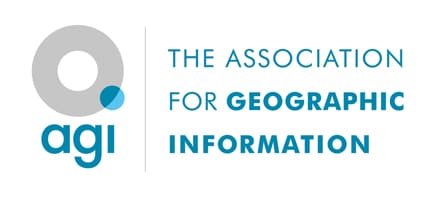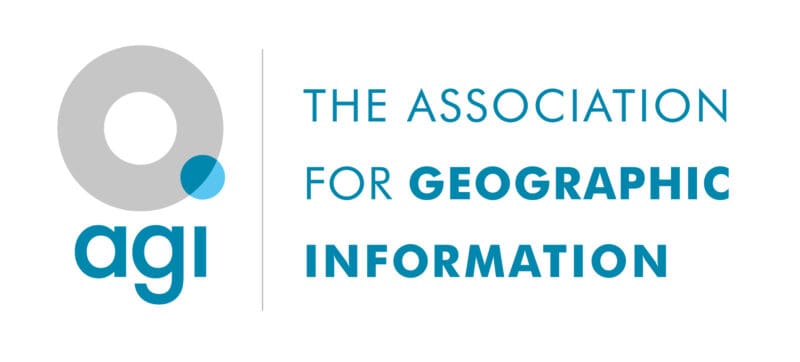This webinar was the first of three designed to explore the principles of the Locus Charter and what they mean in practice for practitioners and professionals who use location data; how they might change how we work; and how as a community of location data professionals we can learn from each other and support good practice.
The webinar looked at the first four principles: to realise opportunities, to understand impacts, to do no harm and to protect the vulnerable. The webinar was chaired by AGI Chair, Denise Mackenzie, and our panellists were Ben Hawes, Mariam Crichton, Charles Kennelly, and Miranda Sharp.
The advice from the panel included:
“Considering geographic data in isolation is as dangerous as data in isolation from geo”
- Be transparent: show honestly what is published and outline where there is uncertainty in how data is un/managed and/or by whom.
- Communicate clearly and simply: the language we use matters to consumers. Also, as professionals, we can also communicate what we can and can’t control to better support the government in shaping guidance or regulatory environments for location data.
- Transfer learning: geography is a multidisciplinary subject that has multiple applications. It is important that as geography professionals, or practitioners using geographic information that in addition to practices in our own communities, we learn from other sectors and these other sectors learn from us about location data.
“You can’t reduce risks until you know what the risks can be”
- Assess risks: use established risk measures and regimes such as intellectual property rights (IPR) or the General Data Protection Regulations (GDPR), or aspire to be B Corps certified. Understand the risk involved by researching what you can do better to support people to manage risks around their own data. When data is shared, outline what ‘data leakage’ there might be, and the impact of that; use the data sharing risk assessment tool. These are the foundations for new and relevant standards.
- Collaboration exposes great opportunity: the pandemic has created opportunities for datasets to be combined in new ways, for example, in finding ‘vulnerable people’ who needed to be protected or prioritised for services such as supermarket deliveries, and using address location data as a common denominator. However, that collaboration has also shown great potential for risk. In this instance, were the right people found? What has been interesting is that ethical considerations came into everyday language, with COVID-related applications increasing awareness and understanding of these issues.
- Undertake an ethical review of your business: this could be an internal discussion on areas of business to pursue/not pursue, or at recruitment talk about ethics and how comfortable potential recruits feel with areas of business, or develop a pre-qualification tick list for commercial teams.
“Location data insights can also result in the power to harm”
- Clarify the business model: set out the criteria for how data can and should be used (e.g. in a licence, including machine-readable licenses), and make it easy to assess onward use of data risks. Perhaps we can learn from the music industry here, where digital rights matters were tackled collectively across technology and production (and driven by profit).
- Be alert to cultural bias: ‘harm’ is a culturally relevant interpretation, as is ‘protection’, so cultural intelligence is key to organisational choices over what data they provide and how, and diverse recruitment can have a positive impact here. This can extend in a variety of ways, for instance in data colonialism where those who have the data are divided from those who are subject to it. There is a risk that multinational companies monopolise their data, including location data, to the detriment of use cases which would be in the public good to make freely available.
- Understand the impacts of aggregation: data consumption can vary significantly within a population, with some parts of society not having any digital signature. Therefore, there is a risk of potential bias in relying on decisions which are based on aggregated population data.
- Collective vs. individual rights: there is a trade off between collective rights to use and interpret location data, and the personal rights of an individual to privacy and anonymity, which is generally how data protection legislation is structured. As practitioners, we can highlight where carefully-used location data, for example, on population movement or use of mass transport, has added social value to public service decision-making. Using geography can help to elevate the discussion away from individual rights. Perhaps there is more to do to show value of ethically-managed location data in important areas such as environmental protection or healthcare.
The webinar was recorded and is available to view here
Useful links:
- B Corps certification
- Geospatial Commission (Geo6): Geospatial data sharing risk assessment tool
View the Introductory to A New Generation of Location Data Ethics with Locus Charter here.

